Creative Disagreements Turned Ugly: 10 Times Artistic Collaborations Went South

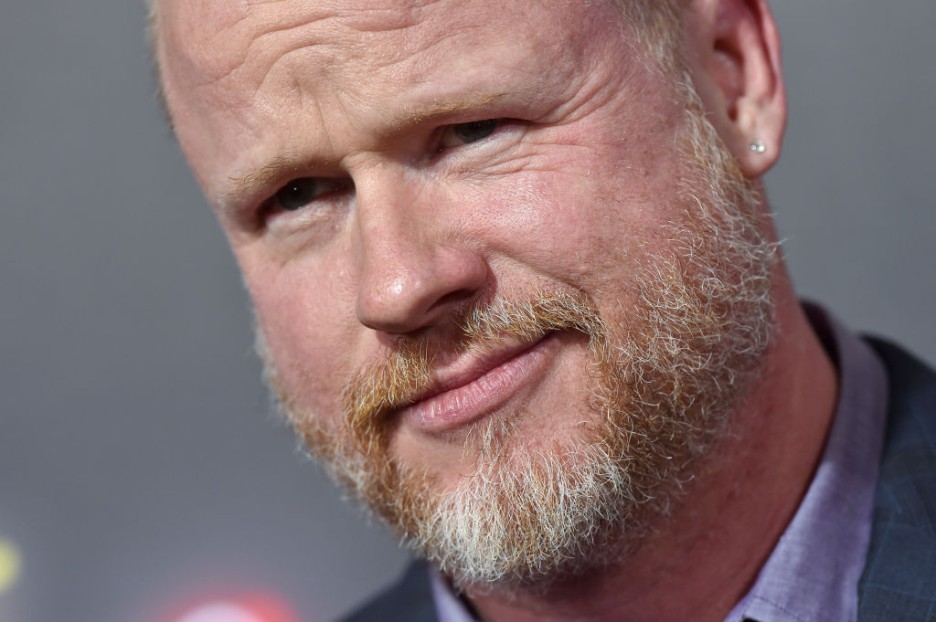
With people's rise to stardom and the veneration around the overnight success story, we sometimes forget that most creative ventures wouldn't be possible without collaboration. However, what the myth of aspiring filmmakers being pressured just to pick up a camera and start shooting leaves out is all the legal and logistical setup that needs to occur, so collaborators can set expectations and delineate how compensation and credits should be divvied up.
Here are a list of creative disagreements that ended disastrously, whether that's due to professional jealousy, visions not aligning, or legal protections not being put in place.
10 Collaborations That Ended Disastrously
1. The Murder Plot Behind "Three-Body Problem"
In a plot that could rival any movie or TV series, a case of professional jealousy resulted in the eerie poisoning of "Three-Body Problem" producer Lin Qi, the billionaire CEO of Chinese video game publisher Yoozoo.
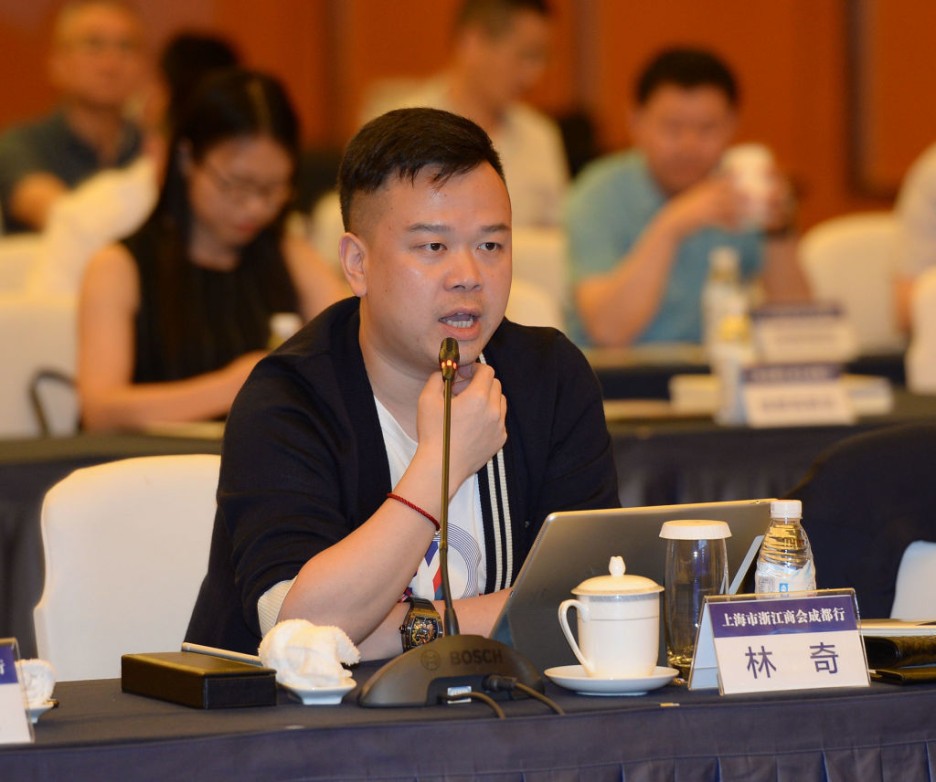
Originally set to executive produce alongside "Game of Thrones" creators David Benioff and D.B. Weiss, Lin was poisoned by Xu Yao, CEO of Yoozoo affiliate The Three-Body Problem Universe, which was created to develop TV and film adaptations of the highly-acclaimed Chinese science fiction novel by Liu Cixin, when Xu's name was left out of the official Netflix deal announcement.
According to Variety, Xu set up his own Shanghai-based lab and tested over 100 poisons on cats and dogs before feeding his boss poison pills that made up of five different poisons alongside probiotic pills Xu had prepared for Lin. The lesson we can learn here is: Always properly credit your collaborators!
2. From Family to "Frenemies"
Is working with your frenemy really worth it? That was the question that YouTubers Trisha Paytas and Ethan Klein, better known as H3 or H3H3 Productions, seemed to be trying to answer when they decided to collaborate together for the "Frenemies" podcast. While the history of their friendship is turbulent, the two decided to join forces after Paytas made an initial October 27, 2019 appearance on the H3 Podcast and after Paytas began dating Moses Hacmon, Klein's brother-in-law.
However, despite the podcast becoming way more successful than either Paytas and Klein predicted, everything fell apart after the two got in an ownership dispute. It seems that because the two started the podcast without explicitly setting down roles or contracts, Paytas and Klein had different expectations on what Paytas' role was. Klein said that Paytas was the talent, while the podcast was produced by his production company, while Paytas was under the impression that their partnership was more 50/50, giving her equal power to decide on productions costs. The dispute was also made worse by allegations saying that Paytas was rude to the crew.
After the taped argument, Paytas stepped away from "Frenemies," bringing what used to be one of the most successful podcasts to an end. This was truly an ugly breakup after what seemed like a strong and supportive friendship.
3. The Shadiness Behind "The Joe Budden Podcast"
In another turn for the worst in regards to podcast ownership woes, in a widely-decried move, retired emcee Joe Budden fired the two original co-hosts of his eponymous hip-hop podcast "The Joe Budden Podcast," Rory Farrell and Jamil "Mal" Clay. While the falling out was shocking, it was a long while coming, with the two podcast hosts missing during a chunk of episodes earlier that year. However, after reappearing for two episodes, Budden dismissed Rory and Mal on air during episode 437, titled "You Want It To Be One Way."
According to Variety, the dispute that arose between Budden and his co-hosts stemmed from similar issues that plagued the "Frenemies" podcast, with Budden viewing his co-hosts as contracted employees, while Rory and Mal considered themselves equal contributors. Because Rory and Mal thought of themselves as equal contributors, there were questions about equity and pay, which was further soured by Budden refusing to release financial records regarding the podcast to his co-hosts. All this conflict drives home the point that the next time you start a creative venture with your friends, definitely set forth roles clearly first.
4. Marvel v. Classic Comic Artists
In a creative dispute stemming from a much earlier time, Marvel is now locked in a series of lawsuits with the heirs of comic artists in a push to make their iconic comic book characters ineligible for copyright termination. Usually, when artists create a work, unless the work is performed under a work-for-hire capacity, the work's copyright transfers back to the artist after a certain amount of time. By suing to make the comic book characters ineligible, Marvel is ensuring that the copyright for those characters never revert to the artists' estates.
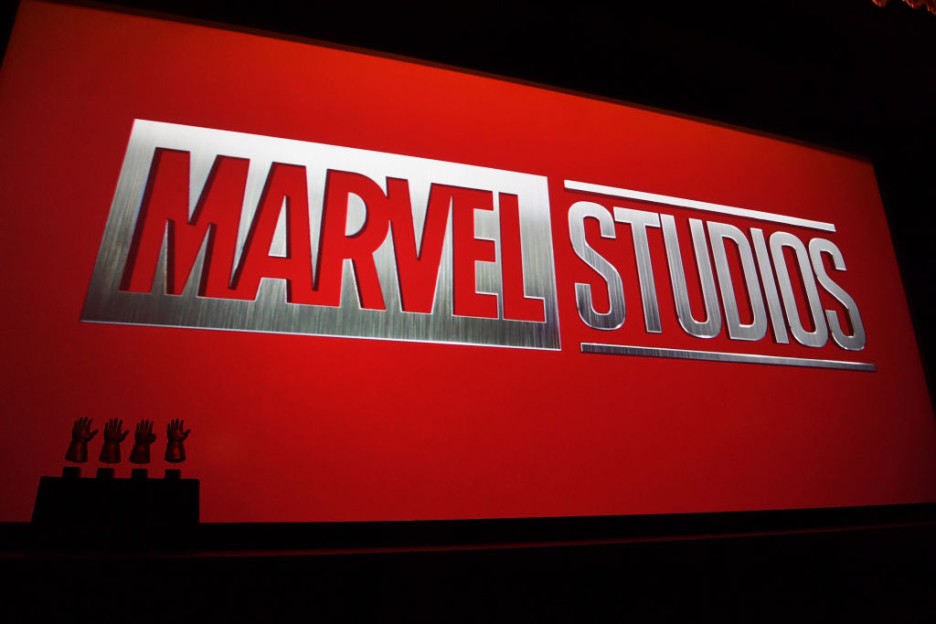
It doesn't take much to understand why Marvel would make such a move, and it doesn't take much to understand why the heirs of famous comic artists, such as Stan Lee, Steve Ditko, and Gene Colan, would protest against Marvel's suits. If the comic giant loses these lawsuits, Marvel will need to share a certain amount of proceeds generated by these comic book characters with the artists' estates. And so, the fight continues.
5. Suge Knight and the Downfall of Death Row Records
If you're unfamiliar with the notorious fallout after the collapse of Death Row Records, then you're missing out on an iconic part of hip-hop history. Suge Knight is a former music executive, who co-founded Death Row Records alongside Dr. Dre, The D.O.C, and Dick Griffey. However, despite recruiting rap icon Tupac Shakur to his label by publicly aligning himself with the rapper while he was serving jail time, Knight's bullying and intimidation tactics cost him everything.
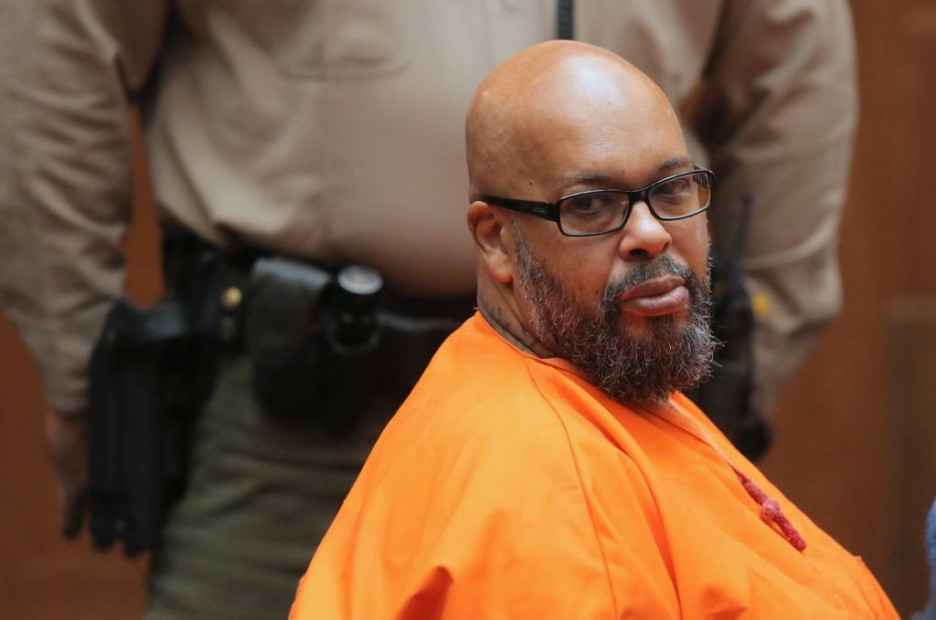
Creative differences quickly arose within Death Row Records when Knight treated its big stars, such as Tupac, Snoop Dogg, and Dr. Dre, the same way he would treat new artists. Knight wanted to control all the proceeds, including how much artists would get.
For a better idea of what this meant in practice, Snoop Dogg had this to in a 2018 interview, "Suge Knight MADE money in rap. Master P PUT money in rap. Big difference. When I was on Death Row Records, we made a lot of fucking money. Suge Knight controlled it all. Everything was in his name. He controlled the money, distributed it out, and gave you what he felt you should have. We got a lot of money, but it may not have been what we were supposed to have."
6. The "Call Her Daddy" Split
Prior to the creative disagreement, "Call Her Daddy" was a weekly podcast co-hosted by Alexandra Cooper and Sofia Franklyn and acquired by Dave Portnoy's Barstool Sports, where the hosts were talk about the details of their dating life in their 20's. Notable for being a raunchy podcast with a no-holds barred approach to talking about sex by female hosts, the podcast was one of the top five podcasts on Spotify at its highest point.
However, after seeing so much success and building a sizable fan base, the girls started hearing that they were being severed underpaid by their then deal with Barstool Sports, which prompted them to begin contract negotiations.
Things got messy when communication breakdowns and professional jealousy started interfering with the girls' abilities to negotiate in good faith. Franklyn found out that Cooper was being paid more than her due to Cooper editing the podcast besides co-hosting. Meanwhile, Cooper claims that she was fine with an early deal Portnoy put on the table, which would've resulted in pay raises and the girls owning the "Call Her Daddy" IP. In her views, it was Franklyn who seemed unhappy with the deal and would continuously "move the goal posts" and come up with new points for Barstool Sports to satisfy as she pushed to get more out of the deal.
Finally, Cooper had enough and called Portnoy behind Franklyn's back to explain her side of the situation, negotiating her own deal with Barstool Sports. This development led to Barstools Sports pushing ahead with "Call Her Daddy" with Cooper as the sole host, which is how the podcast stands today. With the friendship irreparably broken, the girls have each gone on their own way, with Franklyn now having her own podcast called "Sofia an F."
7. Joss Whedon v. Ray Fisher, Gal Gadot, and Jason Mamoa
When Zack Snyder left the "Justice League" director's chair due to family tragedy, Warner Bros. and the cast probably didn't expect his replacement to go down as badly as it did. Joss Whedon, who famously directed the first two "Avengers" films and created cult classic shows "Buffy the Vampire Slayer" and "Firefly," took over, rewriting and re-shooting massive portions of the film that would alter the tone and direction of "Justice League"'s original theatrical cut.
However, along with the drastic change in artistic direction came allegations from Ray Fisher, the actor who played Cyborg, claiming that the director's behavior on set was "gross, abusive, unprofessional, and completely unacceptable." The actor alleged that when he tried to stand up for his character, his creative input was not received well, and when he tried to take his concerns up the chain of command, he was met with insensitive and unsympathetic responses.
Joss Wheadon’s on-set treatment of the cast and crew of Justice League was gross, abusive, unprofessional, and completely unacceptable.
— Ray Fisher (@ray8fisher) July 1, 2020
He was enabled, in many ways, by Geoff Johns and Jon Berg.
Accountability>Entertainment
Later on, when Warner Bros. attempted to bury the dispute by announcing a Frosty the Snowman film with Jason Mamoa, the actor playing Aquaman, voice acting, Mamoa pushed back, and instead supported Fisher by highlighting Fisher's concerns in an Instagram post. Momoa's post also insinuates being maltreated on set by Whedon.
Finally, in perhaps another damning turn, "Wonder Woman" star Gal Gadot confirmed reports that Whedon threatened Gadot's career if she didn't record lines that she disagreed with. Gadot also alleges that Whedon disparaged "Wonder Woman" director Patty Jenkins and bragged about putting Gadot in her place, bullying behavior that lends credence to Fisher's claims. While Fisher's accusations have not been resolved, with three out of five Justice League members citing mistreatment on set, it's increasingly difficult to believe absolutely nothing happened on set, which begs us to take a closer examination of Whedon and his working style.
8. The Temptations Fire David Ruffin
The Temptations were a legendary Motown vocal group from Detroit, Michigan. Their most famous record is 1964's "My Girl." When "My Girl" was recorded, the group included non-original member, David Ruffin. However, a few years later, Ruffin was fired and replaced in 1968. The creative dispute stemmed from Ruffin's insistence for special treatment different from the rest of The Temptations. An example of this was demanding to ride in a separate limousine with his girlfriend, rather than the limousine the rest of The Temptations were taking. Ruffin was also reportedly using cocaine, which caused him to miss important meetings, rehearsals, concerts and other important engagements.

After Ruffin missed a performance at a Cleveland supper club, the other members of The Temptations felt that Ruffin had crossed the line, and promptly replaced him with Dennis Edwards, who was also friends with Ruffin. However, despite publicly encouraging Edwards to take the position, Ruffin then rushed the stage and took over Edwards' first performance as a member of The Temptations. Ruffin would continue to do so several times during The Temptations' tour. After seeing Ruffin's pleas to be let back in the group, The Temptations decided to give Ruffin another chance. However, when Ruffin once again missed what would've been his first performance again as a member of The Temptations, the group fired him and Ruffin never again rushed the stage nor rejoined the group.
9. The TVXQ v. SM Entertainment Lawsuit that Brought Awareness to K-Pop Slave Contracts
In the lawsuit heard around the K-Pop world, TVXQ's messy split following three of the five members' lawsuit against their management at SM Entertainment is still a painful memory for anyone who was a K-Pop fan during the early-2010's. Originally a five-member band considered to be the "Emperors of K-Pop" with hits like "Rising Sun" and "Mirotic," three of the members sued their company, alleging that they were being held under 13-year "slave contracts" and that the band's profit distribution was unfair. Noticeably, two of the members stayed silent throughout the whole three-year period when the lawsuit was still active.
During the dispute, the three members suing SM Entertainment, Kim Jaejoong, Park Yoochun, and Kim Junsu, formed a "project group" called JYJ under their Japanese label, Avex. SM Entertainment, a company that's even now consider one of the "Big Three" companies in K-Pop, then sued the three members of JYJ for violating their contracts, while the three counter-sued to get out of their exclusive contracts. During this time, JYJ alleges that SM Entertainment interfered with their ability to get on TV and promote. And, after the lawsuit was ultimately dismissed by the Seoul Central District Court, SM Entertainment re-debuted the remaining two members, U-Know Yunho and Max Changmin, as TVXQ with the suspiciously titled "Keep Your Head Down." Though many fans perceived as a diss to the members who left the group, TVXQ have maintained that this isn't true. The split remains in place to this day, and serves as a warning about the dangers of "slave contracts" and what can occur when K-Pop groups sue their own management.
According to The Korea Herald, "It has been reported that around 10 agencies in Korea have not only changed the contract period for new talent to seven years, as opposed to the 13 years that bound the members of TVXQ, but also revised or even eliminated contractual policies that may have been perceived as unjust," revealing just how influential this legal dispute was.
10. David Lynch's "Dune" (1984)
Before the Timothée Chalamet-led, Denis Villenueve-directed big budget "Dune" film, there was David Lynch's 1984 attempt to adapt the sci-fi classic. However, the creative differences arose when Lynch publicly condemned the release of the film. The celebrated director claimed that producers and investors constrained his creative freedom and denied him the right to make the final cut of the film.
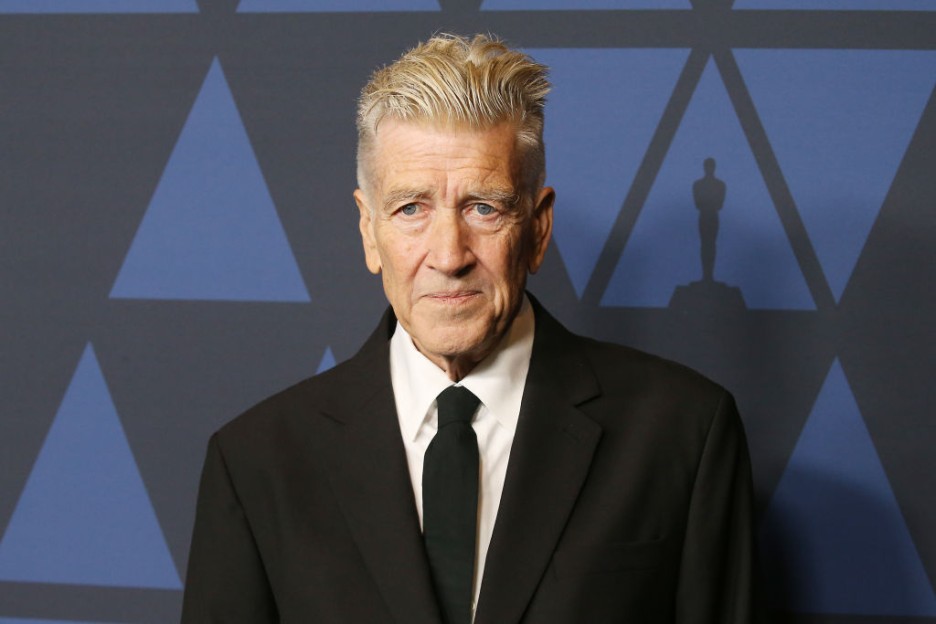
This frustrating situation led Lynch to remove his name from certain cuts of the film, and the director's role is accredited to the pseudonym Alan Smithee, while the writer role is accredited to another pseudonym Judas Booth. Though "Dune" initially bombed at the box office, the film has since gained cult classic status. However, Lynch's distaste with making "Dune" was so intense that he's refused to do other cuts of the film or discuss the film at all.
Here's our list of ugly creative disagreements! Are there any that didn't make the list? Let us know! For more entertainment news and commentary, check out Enstarz! We bring you the latest updates on your favorite celebrities, TV shows, and films.
© 2026 Enstarz.com All rights reserved. Do not reproduce without permission.






